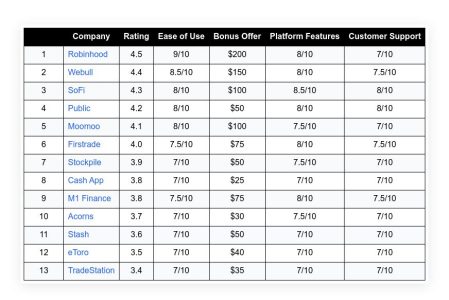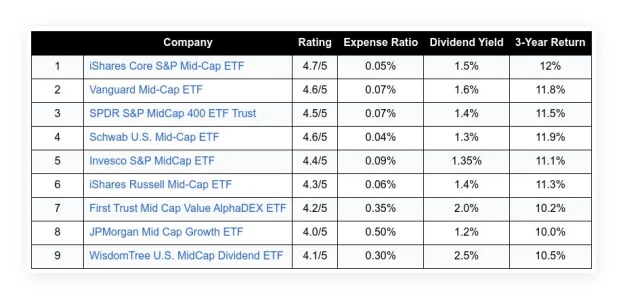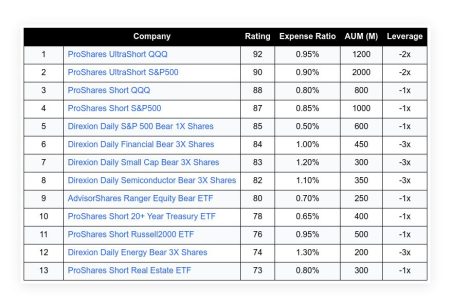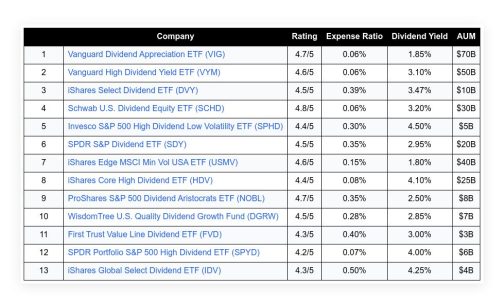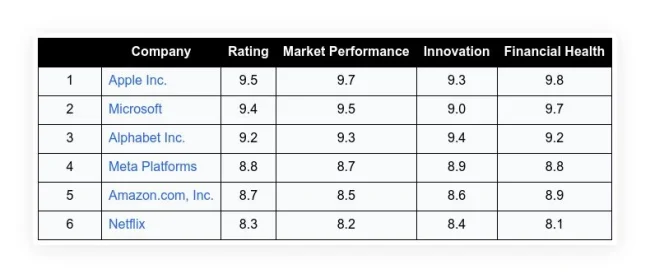Investing in stocks is a well-trodden path to growing wealth over time. Yet, comprehending the performance of stocks and forecasting their future trends can be a daunting task. This article aims to simplify this process by providing a logical explanation of what you should expect from the performance of stocks going forward.
View this post on Instagram
A post shared by Taylor Sohns – CFP®, CIMA®, MBA – Finance (@lifegoalinvestments)
Table of Contents
ToggleDecoding stock performance
The performance of stocks is often gauged by their average annual return. Historically, stocks have averaged a 10% yearly return over the long run. This figure is widely accepted; even the least educated social media finance guru can tell you this. However, it’s crucial to note that this is an average figure, and actual returns can fluctuate significantly from year to year.
Recent trends in stock performance
In recent years, the performance of stocks has been particularly robust. For instance, the S&P 500, a popular stock market index, has averaged a 15% return over the past 15 years. This is significantly higher than the long-term average of 10%.
Understanding reversion to the mean
The concept of ‘reversion to the mean’ is a fundamental principle in finance. It suggests that if a variable is extreme on its first measurement, it will tend to be closer to the average on its next measurement. In the context of stock performance, this means that if the returns on stocks have been exceptionally high in recent years, we can expect them to be lower in the future to align with the long-term average.
Based on this principle, if the S&P 500 has averaged a 15% return over the past 15 years, it would take a 5% return over the next 15 years to get back to the long-term average of 10%. This might seem surprising — or even disappointing — to some investors. However, it’s important to remember that this is a logical expectation based on historical trends and the principle of reversion to the mean.
Setting future expectations
While it’s logical to expect lower returns from stocks in the future based on the principle of reversion to the mean, it’s also important to remember that the future is unpredictable. The performance of stocks in the future will be influenced by a wide range of factors, including economic conditions, company performance, and investor sentiment. Therefore, while expecting a 5% return over the next 15 years is reasonable, this is not a guarantee.
Exploring other investment opportunities
Given the expectation of lower returns from stocks in the future, it’s natural to wonder if there are other investment opportunities out there with better return profiles. The good news is that there are indeed other investment options that may offer higher returns with lower levels of risk.
We will delve into a mini-series discussing these opportunities in the coming week. This series will explore various investment options, from traditional assets like bonds and real estate to alternative investments like cryptocurrencies and peer-to-peer lending. Each investment option has its own set of risks and rewards, and it’s important to understand these before making an investment decision.
Wrapping up
Understanding the performance of stocks and predicting their future trends is a key part of successful investing. While it’s logical to expect lower returns from stocks in the future based on recent trends and the principle of reversion to the mean, it’s also important to remember that the future is unpredictable. Therefore, it’s crucial to diversify your investment portfolio and explore other investment opportunities that may offer higher returns with lower levels of risk. Stay tuned for our upcoming mini-series, which will delve into these opportunities in more detail.
Frequently Asked Questions
Q. What is the average annual return of stocks?
Historically, stocks have averaged a 10% yearly return over the long run. However, this is an average figure, and actual returns can fluctuate significantly yearly.
Q. What has been the recent trend in stock performance?
Stock performance has been particularly robust in recent years. For instance, the S&P 500, a popular stock market index, has averaged a 15% return over the past 15 years, significantly higher than the long-term average of 10%.
Q. What is ‘reversion to the mean’?
‘Reversion to the mean’ is a fundamental principle in finance. It suggests that if a variable is extreme on its first measurement, it will tend to be closer to the average on its subsequent measurement. In the context of stock performance, if the returns on stocks have been exceptionally high in recent years, we can expect them to be lower to align with the long-term average.
Q. What should we expect from the performance of stocks in the future?
While it’s logical to expect lower returns from stocks in the future based on the principle of reversion to the mean, it’s also important to remember that the future is unpredictable. The performance of stocks in the future will be influenced by a wide range of factors, including economic conditions, company performance, and investor sentiment. Therefore, while expecting a 5% return over the next 15 years is reasonable, this is not a guarantee.
Q. Are there other investment opportunities with better return profiles?
Yes, other investment options may offer higher returns with lower levels of risk. These options range from traditional assets like bonds and real estate to alternative investments like cryptocurrencies and peer-to-peer lending. Each investment option has its own set of risks and rewards, and it’s important to understand these before making an investment decision.









